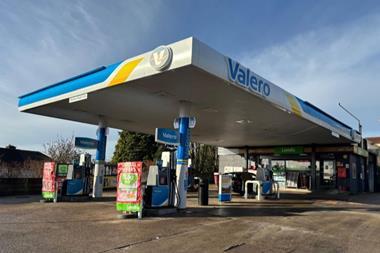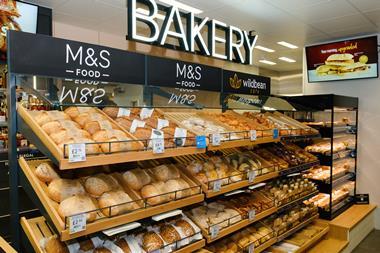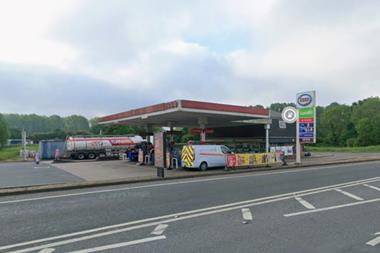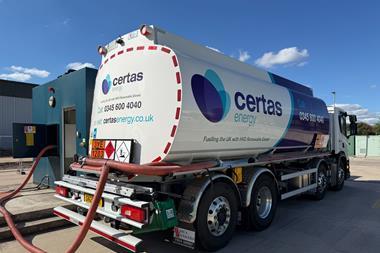About 130 fuel tankers that do not meet safety standards are still in use on British roads and forecourts more than a year after the problem was first reported.
In a written statement to Parliament in October last year, transport minister Robert Goodwill reported that 230 fuel tankers, about 12% of the entire British tanker fleet, had been incorrectly certified, and said: “The department has an ongoing dialogue with industry to discuss proposals to replace or modify the tankers according to a schedule that ensures security of fuel supply while maintaining safety.”
However, in an update on Thursday December 18, transport minister Claire Perry said: “Since the previous statement, about 100 new replacement tankers have been entering into service, reducing the number that are not in full compliance to around 130 tankers.
“During this time the Department for Transport commissioned a £1.5m research programme to inform decisions about the future use of these vehicles. Based on the outcome of the research published today (18 December 2014) on GOV.UK, the date by which those tankers built after the middle of 2010 are to be withdrawn (about 70 tankers) will be extended subject to the outcome of further work to establish acceptance criteria that may allow an individual tanker to continue in use for up to 12 years after entering into service.
“Those tankers still in service that were built before the middle of 2010 are to be withdrawn as originally planned a year ago.”
The research reveals that the problem is a “lack of fusion” in circumferential welds which could rupture if the tanker rolls over, causing a major spillage. The report also calculates the probability of a rollover among the vehicles still in operation, and concludes there is a 51% chance of at least one of them overturning in the next six years, and a 66% probability when a period of nine years is considered.

































No comments yet